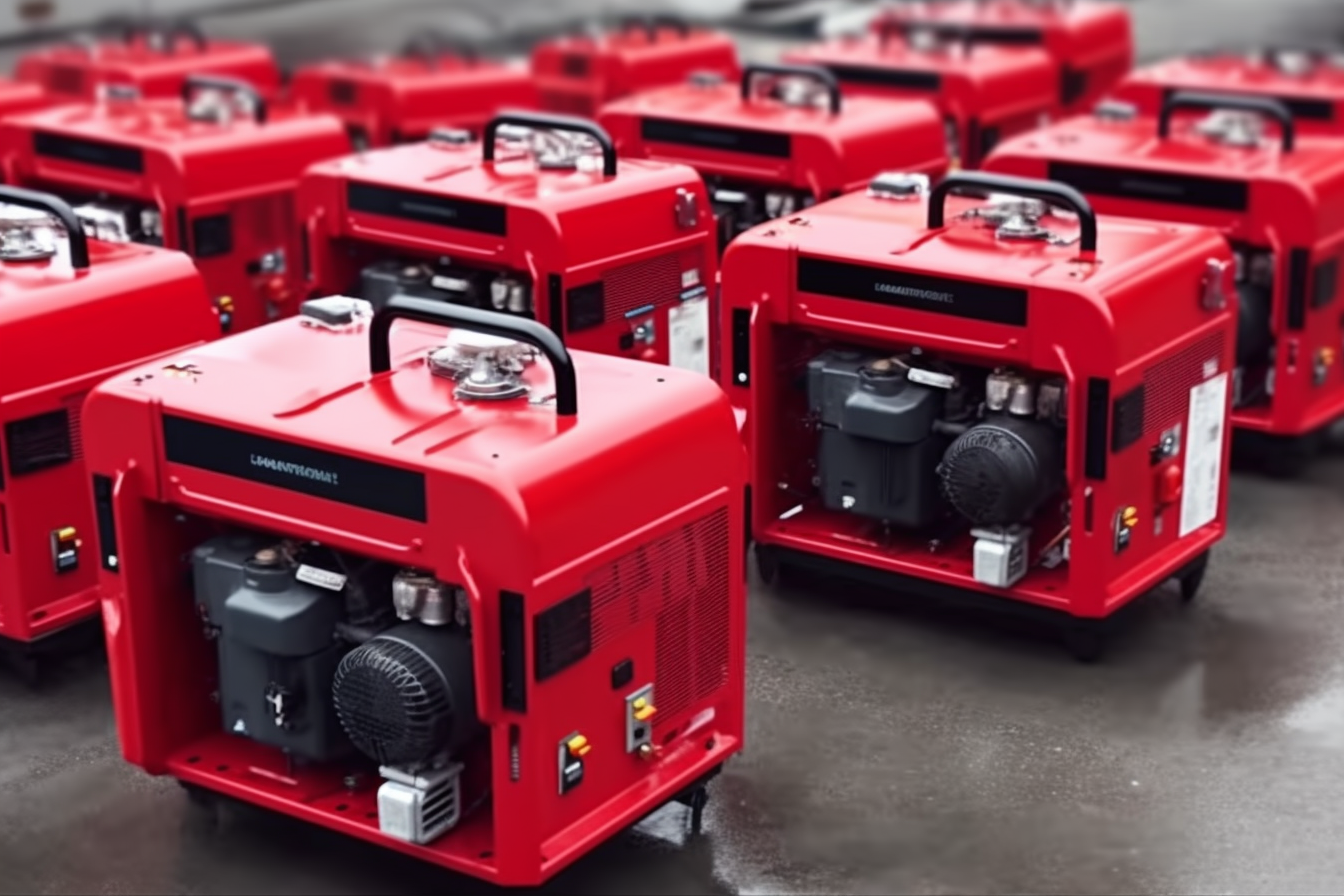Exploring Careers in Waste Management: Opportunities and Requirements
The waste management industry plays a crucial role in environmental protection and public health. This sector offers diverse career paths for individuals interested in sustainable practices and efficient resource management. While this article provides general information about potential careers in waste management, it's important to note that it does not represent actual job listings or guarantee employment opportunities. Instead, it offers an overview of typical roles, requirements, and benefits associated with this field.

What types of careers are available in waste management?
The waste management sector encompasses a wide range of positions, each contributing to the overall goal of responsible waste handling and disposal. Some common career paths include:
-
Waste Collection Operators: These professionals operate vehicles to collect and transport waste from residential and commercial areas.
-
Recycling Coordinators: They develop and implement recycling programs, educating communities about proper waste sorting and recycling practices.
-
Environmental Engineers: These specialists design waste management systems and develop solutions to minimize environmental impact.
-
Landfill Managers: They oversee the day-to-day operations of landfill sites, ensuring compliance with environmental regulations.
-
Hazardous Waste Technicians: These experts handle and dispose of dangerous materials according to strict safety protocols.
-
Waste-to-Energy Plant Operators: They manage facilities that convert waste into usable energy sources.
It’s important to research specific job openings in your area, as availability may vary by location and current market conditions.
What are the typical requirements for waste management careers?
Requirements for waste management careers can vary depending on the specific role and level of responsibility. However, some common prerequisites include:
-
Education: Many positions require a high school diploma or equivalent, while others may necessitate a bachelor’s degree in environmental science, engineering, or a related field.
-
Certifications: Certain roles, particularly those involving hazardous materials, may require specific certifications such as HAZWOPER (Hazardous Waste Operations and Emergency Response).
-
Physical Fitness: Some positions, especially in waste collection and landfill operations, may require a certain level of physical strength and stamina.
-
Driver’s License: Many roles involve operating vehicles, so a valid driver’s license is often necessary.
-
Technical Skills: Familiarity with waste management technologies, environmental regulations, and data analysis tools can be beneficial.
-
Safety Training: Understanding and adhering to safety protocols is crucial in this industry.
Prospective candidates should carefully review job descriptions for specific requirements, as these can vary by employer and position.
What benefits are associated with waste management careers?
While benefits can vary by employer and position, many waste management careers offer:
-
Steady Employment: The consistent need for waste management services often translates to job stability.
-
Competitive Salaries: Many positions in this field offer competitive compensation, especially for specialized roles.
-
Environmental Impact: Employees often find satisfaction in contributing to environmental conservation efforts.
-
Career Advancement: The industry provides opportunities for skill development and career progression.
-
Health and Retirement Benefits: Many employers offer comprehensive benefit packages, including health insurance and retirement plans.
-
Union Representation: Some positions may be unionized, potentially offering additional job protections and benefits.
It’s important to note that actual benefits can vary significantly between employers and should be confirmed during the application process.
How can one pursue waste management career opportunities?
While this article doesn’t provide specific job listings, here are general steps to explore career opportunities in waste management:
-
Research: Learn about different roles and employers in the waste management industry.
-
Education: Consider relevant degree programs or certifications that align with your career goals.
-
Networking: Attend industry events or join professional organizations to connect with others in the field.
-
Internships: Seek internship opportunities to gain hands-on experience and industry connections.
-
Job Boards: Check specialized environmental job boards and company websites for open positions.
-
Local Government: Explore opportunities with municipal waste management departments.
Remember, the availability of specific positions can vary based on location, economic conditions, and industry trends.
What are the future prospects for waste management careers?
The waste management industry is evolving with new technologies and increased focus on sustainability. Future trends may include:
-
Growth in Recycling and Composting: Increased emphasis on circular economy principles may create new roles in these areas.
-
Technological Advancements: The integration of AI, robotics, and data analytics may lead to new specialized positions.
-
Waste-to-Energy Expansion: Growing interest in alternative energy sources may boost opportunities in this sector.
-
Regulatory Compliance: Stricter environmental regulations may increase demand for compliance specialists.
-
Global Opportunities: International waste management initiatives may offer opportunities for those willing to work abroad.
-
Sustainability Consulting: As businesses focus on reducing their environmental impact, roles advising on waste reduction strategies may increase.
While these trends suggest potential growth areas, it’s important to note that actual job availability and industry developments can be influenced by various factors, including economic conditions and policy changes.
The waste management industry offers diverse career paths for those interested in environmental stewardship and sustainable practices. While this overview provides general information about potential careers, requirements, and benefits, it’s crucial to conduct thorough research and seek current job listings to explore actual employment opportunities in your area. As the industry continues to evolve, staying informed about emerging trends and acquiring relevant skills can help position oneself for success in this important field.




